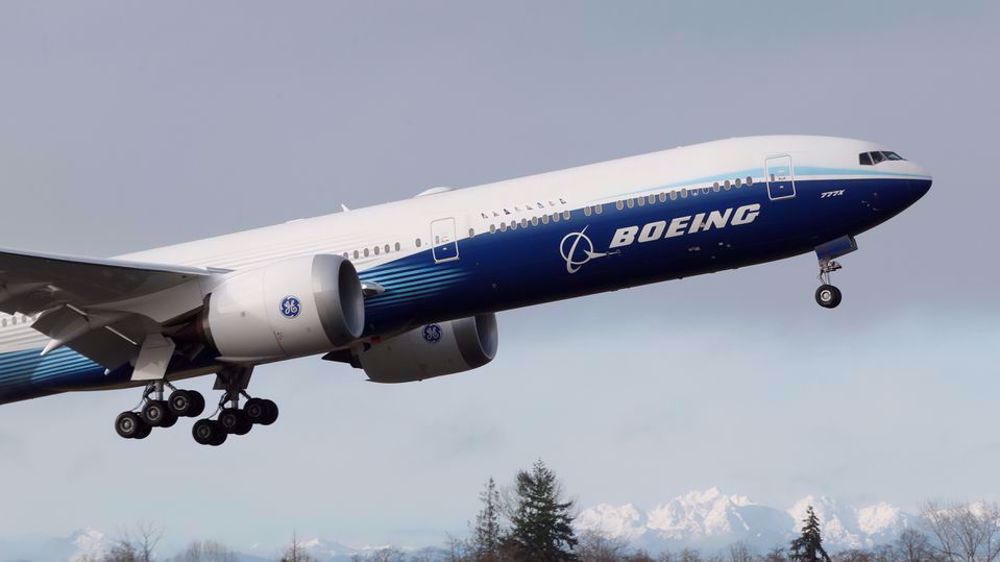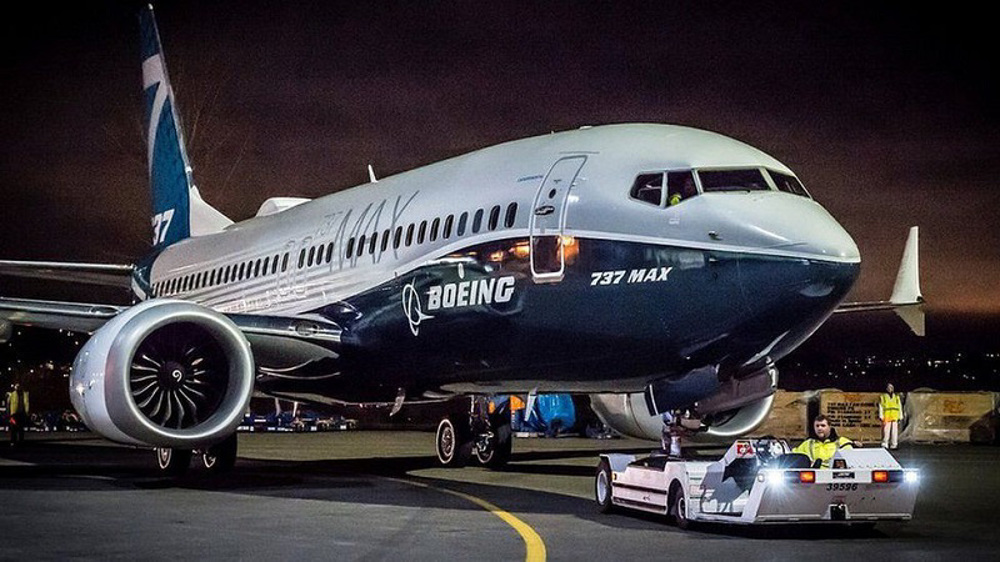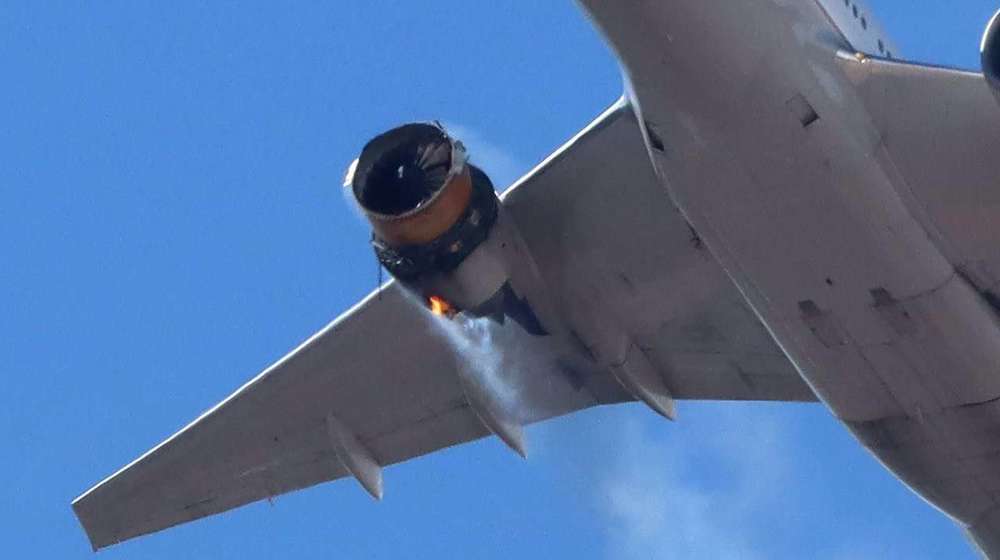Boeing 777X 'realistically' won't win certification approval before mid-2023: US FAA
The US Federal Aviation Administration (FAA) has told Boeing Co. that its planned 777X would not receive approval for an important step in the certification process, warning it "realistically" will not certify the airplane until mid- to late 2023.
In a May 13 letter to Boeing, the FAA cited a number of issues in rejecting a request by the manufacturer to issue a Type Inspection Authorization (TIA) Readiness.
"The aircraft is not yet ready for TIA," the FAA wrote, declining to approve "a phased TIA of limited scope with a small number of certification flight test plans."
Issues cited in the letter included an aspect of the electronic systems used on the aircraft that FAA argued was not up to par and an incident during a test flight in December 2020 where the aircraft's nose moved up and down unprompted by the pilots.
Lack of data and the lack of a preliminary safety assessment for the FAA to review were other problems mentioned in the letter, which had not previously been made public, but was reviewed by the Seattle Times.
According to the outlet, Boeing said the plane was able to safely land following the 2020 incident and the company can now create a software update to address the problem after engineers did an investigation, but the FAA voiced its skepticism.
“After the uncommanded pitch event, the FAA is yet to see how Boeing fully implements all the corrective actions identified by the root cause investigation,” the letter said.
“Software load dates are continuously sliding and the FAA needs better visibility into the causes of the delays,” the letter added.
On Sunday, the agency said in a statement that it “will not approve any aircraft unless it meets our safety and certification standards."
When Boeing launched the development of the widebody jet, a new version of its popular 777 aircraft, in the fall of 2013, it aimed for it to enter service by 2020. However, the letter would push that prospect back at least several years.
The 777X will be the first major jet to be certified since software flaws in two Boeing 737 MAX planes caused fatal crashes.
/cloudfront-us-east-2.images.arcpublishing.com/reuters/5MTIZKPORVJA3KRGMQ7MFRFRJQ.jpg)
The aircraft was grounded worldwide in March 2019 after 346 people died in the two crashes -- the 2019 Lion Air disaster in Indonesia and an Ethiopian Airlines crash the following year.
The crashes forced Boeing to ground the 737 MAX, which had become the company’s fastest-selling aircraft.
MSF chief warns Israeli ban on Gaza operations will be 'catastrophic' for millions
‘No illegal demands’: Shamkhani says US talks may bear fruit if respect, logic shown
VIDEO | Iran prepared for both scenarios: Talks or self-defense
Russia slams ‘unacceptable’ US pressure on Cuba as Trump seeks oil cutoff
Epstein advised ex-Israeli PM Ehud Barak to cooperate with US AI firm Palantir
Iran, US to hold nuclear talks in Istanbul: Report
Israeli strikes kill at least one, injure several people in south Lebanon
VIDEO | Imam Khomeini at Iran’s Neauphle-le-Château: Revolutionary influence in France












 This makes it easy to access the Press TV website
This makes it easy to access the Press TV website